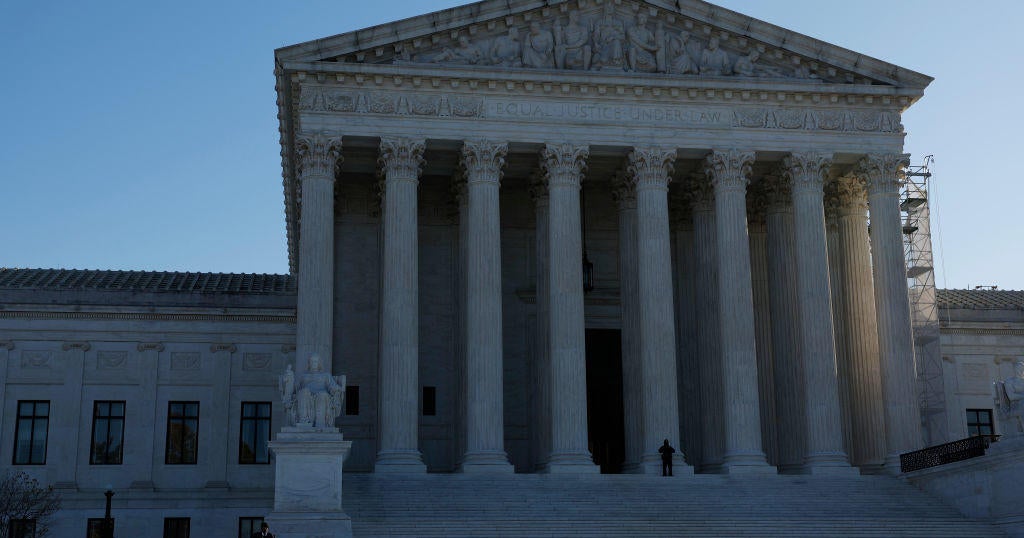Washington — The Supreme Court agreed Wednesday to consider the South Carolina Department of Health’s efforts to defund Planned Parenthood because it performs abortions. reversal of Roe v. Wade.
The case, known as Kerr v. Edwards, stems from the state’s 2018 decision to end Planned Parenthood South Atlantic’s participation in its Medicaid program. Gov. Henry McMaster, a Republican, ordered the South Carolina Department of Health and Human Services to deem abortion clinics unqualified to provide family planning services and to terminate their Medicaid agreements.
Planned Parenthood operates two facilities in the state, one in Charleston and the other in Columbia, and provides hundreds of Medicaid patients with services such as physical exams, cancer and other health screenings, pregnancy tests and contraception. Federal law prohibits Medicaid from paying for abortions, except in cases of rape or incest, or to save the life of the mother.
Planned Parenthood and one of its patients, Julie Edwards, sued the state, arguing that cutting off funding violated a provision of the Medicaid Act that gives beneficiaries the right to choose their provider.
A federal district court blocked South Carolina from ending Planned Parenthood’s participation in its Medicaid program, and a U.S. appeals court upheld that decision, ruling that Edwards could sue the state to take away the Medicaid Act’s free choice of provider force.
The legal battle has been fought before the Supreme Court in the past, with the Supreme Court ordering additional proceedings last year after ruling in a separate case that nursing home residents could sue their state care facility for alleged civil rights violations.
After reconsidering its earlier decision, the three-judge panel of the appeals court unanimously ruled in March that Edwards’ lawsuit against the state could proceed and said South Carolina could not strip Planned Parenthood of the state’s Medicaid funds .
“This case is, and always has been, about whether Congress has granted an individually enforceable right to Medicaid beneficiaries to freely choose their health care provider. Maintaining access to Planned Parenthood and other providers means preserving affordable choice and quality care for an untold number of mothers. and babies in South Carolina,” Judge Harvie Wilkinson wrote for the 4th Circuit panel.
South Carolina officials asked the Supreme Court to review that decision, marking the third time the case has come before the justices. The justices agreed to answer the question of whether “the Medicaid Act’s qualified provider provision unequivocally confers a private right on a Medicaid beneficiary to choose a specific provider.”
South Carolina is one of more than twenty states that have done so passed laws restricting access to abortion in the wake of the June 2022 Supreme Court decision overturning Roe v. Wade. In South Carolina, abortion is prohibited after six weeks of pregnancy, with some exceptions.
Several states have also passed laws blocking Planned Parenthood from receiving Medicaid funding, including Arkansas, Missouri, Mississippi and Texas.
